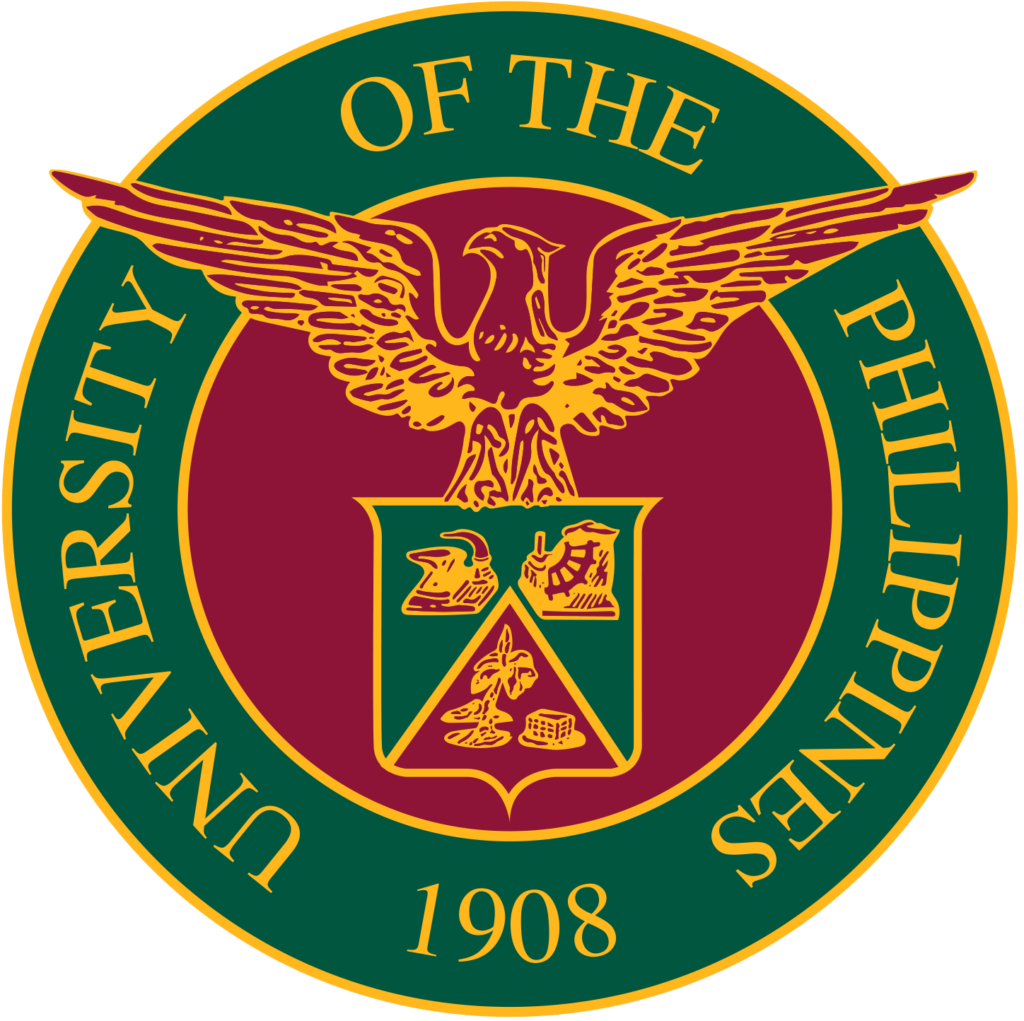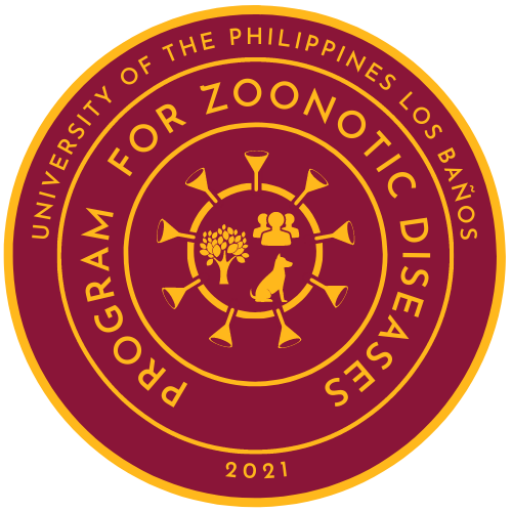FAQs
Frequently asked questions
Zoonotic diseases or zoonoses are infectious diseases that are transmitted between humans and animals and vice versa.
Some examples of zoonotic diseases are rabies, zika, leptospirosis, tuberculosis, zika, malaria, and water and food borne diseases such as Salmonella and cholera. The most recent zoonotic disease emerged is the COVID-19 disease.
The UPLB Program for Zoonotic Diseases will act as the primary research center for the detection, prevention, and control of zoonotic diseases and strengthen the response towards emerging and re- emerging infectious diseases for the protection of animal and human populations through the One Health approach.
- Virology Science and Technology Institute (VSTI)
- Target Beneficiaries
- Humans, Animals and Plants
- Organisms Involved
- Viruses in humans, plants and animals
- Vision, Mission and Values
- VSTI shall serve as the premier research and development institute in the field of virology, encompassing all areas in viruses and viral diseases in humans, plants and animals
- Target Beneficiaries
- Humans, and Animals
- Organisms Involved
- All organisms causing zoonotic diseases (existing emerging and re- emerging)
- Bacteria
- Fungi
- Parasites (Protozoans, Helminths, Arthropods)
- Prions
- Viruses
- All organisms causing zoonotic diseases (existing emerging and re- emerging)
- Vision, Mission and Values
- A leading zoonotic diseases research and knowledge resource center in Asia contributing to the advancement of One Health through disease prevention and management. To enhance capacities on zoonotic diseases detection, prevention, and response to outbreaks in protecting animal and human populations. Collegial synergy and interdisciplinary collaboration in providing solutions to address zoonotic diseases.
- Epidemiology and Data Science
- Microbial Research
- Pathology and Diagnostics
- Parasite and Vector Biology and Control
- Zoonoses Prevention and Control
- Food and Feed Safety
- Animal Research
UPLB PZD is a multidisciplinary team of Faculty and REPS from the university. It is also collaborating with other local and international academies, and government and non-government agencies.
- The PZD will facilitate collaboration with the Virology Center, Philippine Genome Center, RITM, NIH, PhilCZ, BAI, research and academic institutions (Local and International), and other future agencies such as Philippine CDC.
- The PZD will also complement the PhilCZ by serving as its implementing arm in terms of research, public service, and providing assistance in coordination among DOH, DA, DENR, and other relevant agencies.

